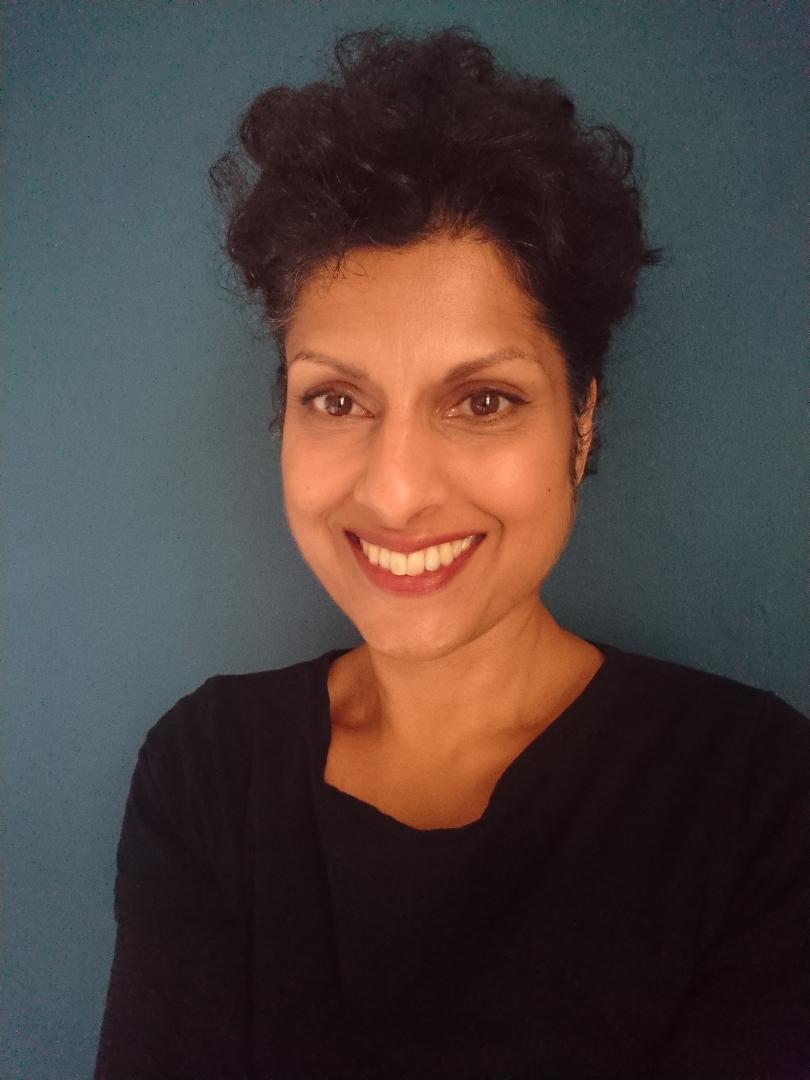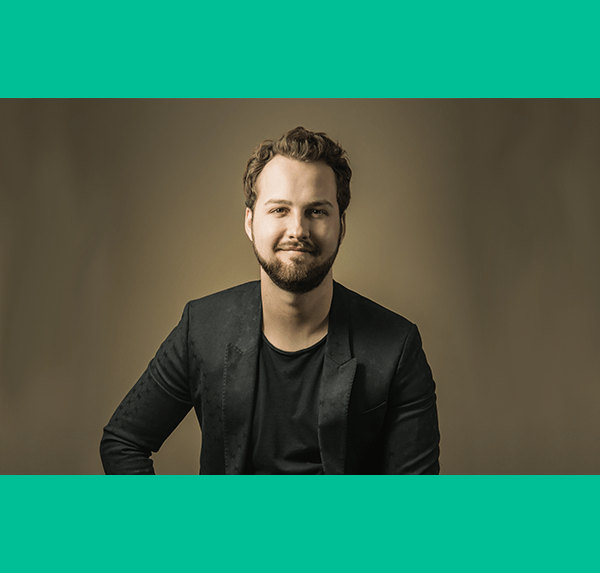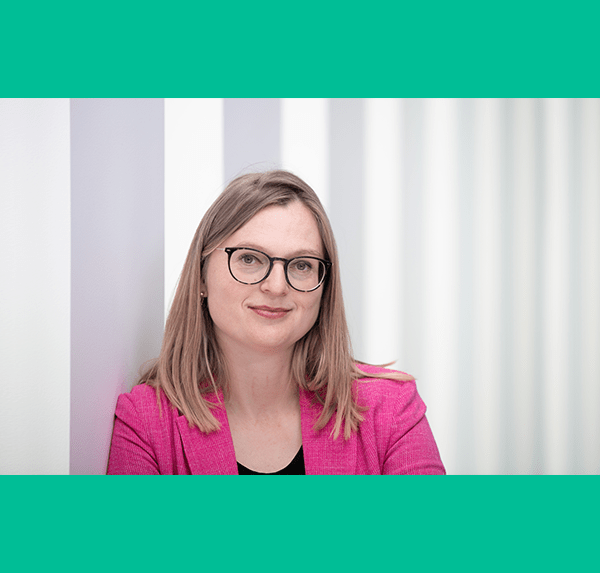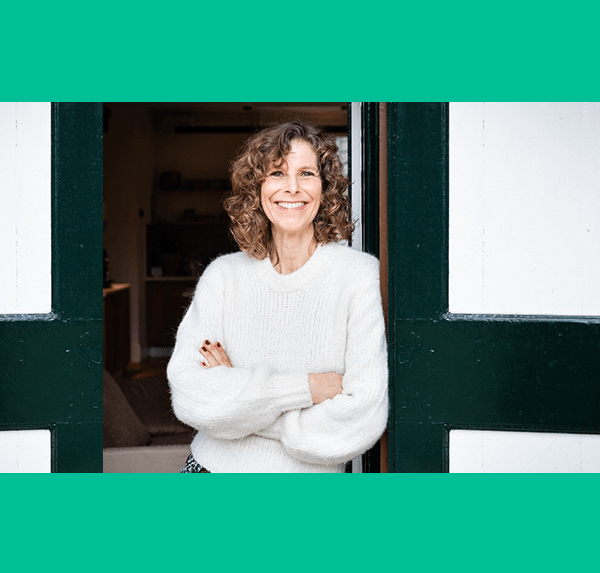EU alumna, Carla Faria, on Living Through Challenges and Change
Since graduating from EU, Carla has built a successful career in the media industry. However, recent challenges in her life have led her on a new path to coaching: a career that she loves and enables her to help other women better navigate times of change.
Carla is a passionate executive and personal coach, mother, and breast-cancer survivor.
Could you tell us about your journey from being Director of The Foundry at TI Media to becoming the director of your own coaching company?
My career has been based in the publishing and media industry. I started in magazine and newspaper publishing and specialized in creating commercial content. Rather than straightforward advertising, it involves devising a strategy for advertisers that can be executed using content. As digital and social media came in, it became ever more complicated and ever more exciting!
The Foundry was a content agency within a big publisher, TI Media, and we developed strategies for a diverse client base. I then moved into slightly smaller content businesses, which gave me the scope to influence how content and content strategy could drive media businesses forward. I worked for a social media marketing agency called Takumi. It was really interesting because it was using creativity and strategy in different ways. We were never simply taking a client brief at face value; we always questioned what was driving the brief. I would always encourage my team to apply what I called the three Cs when working with clients: collaboration, curiosity and creativity. It ensured a deeper, more powerful response. To be able to do that within the social media industry was really exciting because it’s a very fast-moving industry.
So, I’d left a big media company to work for a small media company, it was very exciting times. Then, a few things happened at the same time for me. One, COVID happened. Two, I left that industry, because I realized I wanted something more meaningful. And three, I was diagnosed with breast cancer. All these things happen within weeks of each other, so it was a really challenging period. Interesting as well as challenging because it gave me time to think and re-evaluate.
I realized that those three Cs that I’d always used in my media industry background could be used in another way that would actually help people move forward. You collaborate with your client when you’re coaching and you have to be curious; as a coach, I’m always asking questions. I want to know what makes them tick and what their dreams, ambitions, and fears are. I also need to be creative and think on my feet, as what’s going to work for one person may never work for somebody else. Coaching is endlessly fascinating!
I did a post-grad in coaching, something that I’m continuing towards master’s level, and I set up my own business a few months ago, which enables me to coach people one-to-one, in groups or within an organizational setting.
Do you think you would have chosen the same career path had these three events not happened?
The seed for doing something like this was actually sown when I was doing my MBA at EU. We did an organizational development module, and it was fascinating. It was very relevant for working with teams and enabling you to understand how people work together. I absolutely loved it! I thought, ‘imagine if there was a line of work I could do that involved this, but one which didn’t mean training as a psychologist’. I had always been really drawn to the idea of understanding how people tick and enabling them to feel more resourceful in helping themselves move forward.
This hiatus, even though so much of it was really challenging, was needed so I could stop and re-evaluate. My career had progressed really quickly and I had moved up to a managing-director level; there wasn’t time to think about what I really wanted, all I was doing was working hard. In my most recent role, I was running teams internationally and flying between New York, Berlin, and London almost constantly. I have teenaged girls and a very busy home life so, even if I’d always hankered to do something, which was all at once very business driven but very human driven as well, I’m not sure I would have allowed myself time to think about it properly.

How would you describe your coaching methodology?
I wouldn’t say that there is a methodology as much as there is an ethos. My ethos is to ensure my clients can learn how to become more resilient in the face of change and challenge. My niche is professional women and the reason that’s important is that professional women, probably more so now than ever, have to be the person that instigates change. Women are still a minority in the boardroom, we’re still not quite where we should be in terms of pay, level of attainment, and numbers who have ‘CEO’ in their title. So, women have to find strength, flexibility and agility within themselves to know how to deal with all of that.
What are some of the unexpected challenges that women face when returning to work after life-changing circumstances?
It’s really tempting to say they face challenges because their employers don’t understand what they’ve been through, and while that might be true, the reality is that we sometimes return to work after a big change, unprepared for what we might need from our employers and colleagues.
One of the things people struggle with when they’re going through great change, and they’re coming back to work after having a child, relocating, changing career, dealing with a sick family member, or dealing with sickness themselves is they haven’t always acknowledged what they’ve been through or reflected on what they want to take forward from that experience and what they want to leave behind, and that’s really, really important. Sometimes when you reflect on your experience and what it means, it enables you to feel more empowered when telling other people what you’ve been through and, therefore, asking for what you need.
In one of your LinkedIn posts, you said that you wanted your daughters to be brave, not perfect. When people strive for perfection, what do you think they’re really looking for?
Coaches often encounter people who struggle with perfectionism. Sometimes it stops them from getting started on things and sometimes it means they quit because they have set themselves unrealistic objectives. It depends where the perfectionism comes from. Some people are looking for acceptance and approval, some just want to be the best, and other people are afraid to make mistakes. It’s not that it’s wrong, it’s just very, very difficult to be perfect and can lead to a profound sense of dissatisfaction for some people.
It’s always really interesting as a coach to explore what could be more achievable, and yet equally fulfilling. Often it is excellence, rather than perfection, and when you ask them what excellence looks like for them, it starts to become clearer.
The other challenge, if you are always striving for perfection, is that you don’t give yourself the opportunity to grow. People often say they want to be satisfied or fulfilled, well, that’s quite different from being perfect. It’s all about finding out what perfection means and what’s driving the desire to be perfect.
What advice would you like to pass on to your daughters and young women who are starting their careers?
‘Be brave, not perfect’ is such good advice because it’s about growth. Don’t just strive to get somewhere but enjoy the journey and learn along the way. We don’t spend our lives in a single destination; the destination keeps moving. The journey is important. Pick up the skills, experience, joys, and pleasures along the way and notice.
Would you say that you still use any skills you learned from your MBA now in coaching?
Yes, all the time. The organizational development module we studied 30 years ago is timeless. Lots of those theories have evolved but so many of the skills we learned and the psychologists and organizational development experts we studied are still relevant and I still use them now.
We talk about motivation and how different leadership styles drive different behaviors. It’s very much a part of how I coach because often my clients are at very senior levels, have teams or run departments and it’s beneficial for them to understand how the way they lead can drive how an organization evolves and behaves.
My career has been in business, branding, and marketing so there have been elements of probably every single element of that MBA course I’ve used. Certainly, it’s always been useful in my career.










